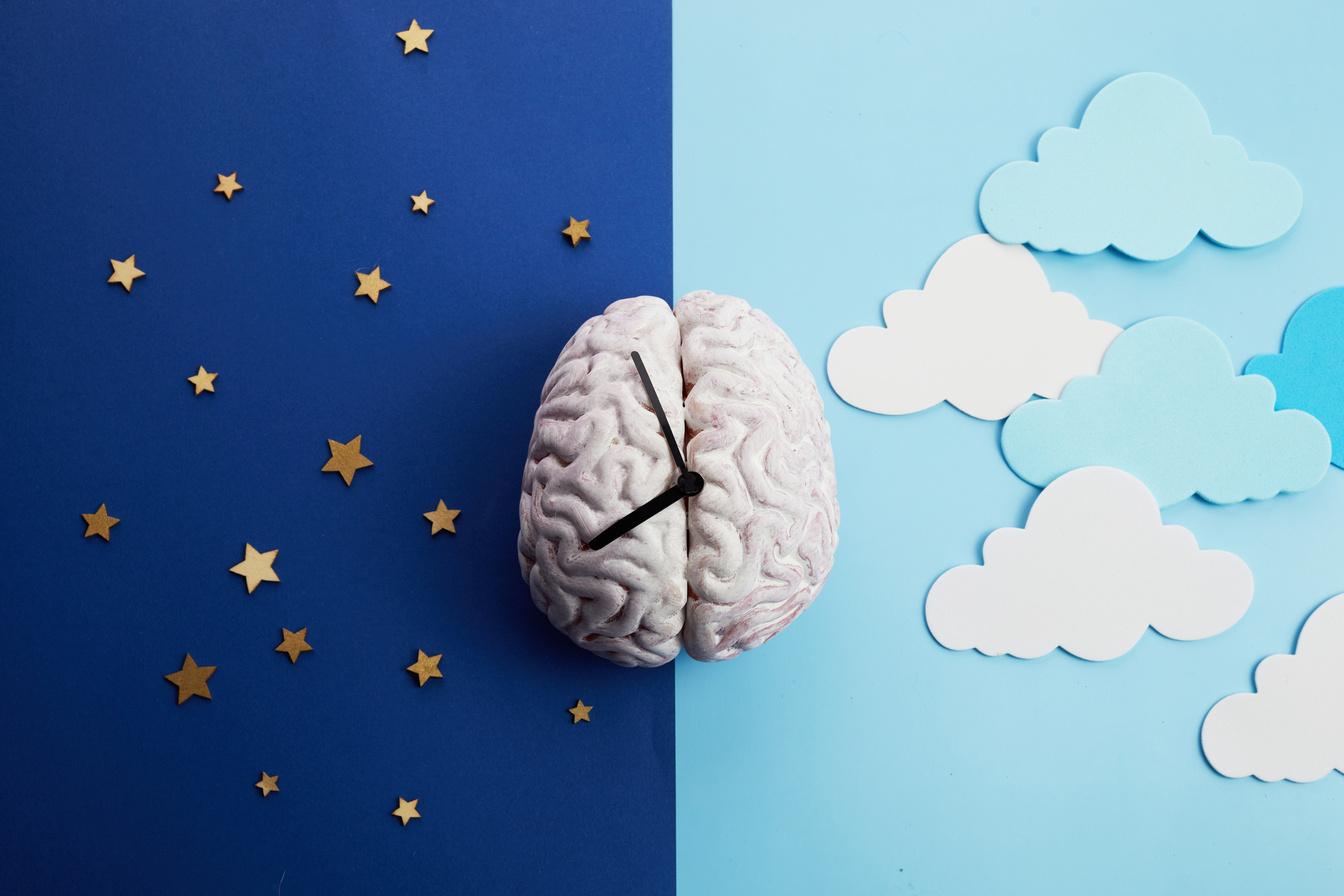Importance of diet and sleep to manage stress during Year 12
Thissessionexploredtheimportanceof dietandnutritionparticularlyduring stressfulperiodsthroughouttheyear
Whatstudentseatisextremely importanttoperformanceinthe classroomandduringexamperiods.
Whatstudentseateffectschemicalsin thebrainwhichcanhelpwithgreater memory,concentration,stablemoods andhelptoreducestresslevels.
Somefoodsorsimplynofoodatall havesignificantimpactson concentration,memoryandstresswhich leadtobeingunabletocopewithday-todaylifeincludingschool,study,and relationships.
Studentsmaybecomeoverwhelmed andarelesslikelytocopewellintimes ofstresswithpoorfoodchoices.

PRACTICALTIPS
Getinvolvedwiththehouseholdgroceryshopping
Wholegrains
Omega3s–Tuna,Salmon&Almonds
Proteinespeciallyforbreakfast
Fruit&Veg–go2&5dailyserves
Avoidsugarydrinks,energydrinks,drugs,andalcohol
Ifabalanceddietcannotbesustainedthenmaybeamulti-vitaminorothersupplements,likefishoil (1000mg),couldbeconsidered,andisparticularlyusefuljustbeforeandduringstressfultimes
Studentscanpredictstressfultimessimplybylookingattheassessmentscheduleandexamtimetable
WHYDOWEKEEPTALKINGABOUTSLEEP?
Tounderstandwhysleepisimportantithelpstounderstandwhathappenswhenwesleep Thestagesofsleep, sleepcycles,ourcircadianrhythmandwhatsomeofthephysicalprocess’scientistsbelievehappenwhenwe sleep
WeneedbothdeepsleepandREM(RapidEyeMovement)sleepandarewiredtosleepwhenitisdark,sothe timingandqualityofsleepisimportant.Sleepisbelievedtohelpusrestorephysically,aswellasorganisethe informationthatwehavelearntthroughouttheday
Sleepkeepsourimmunesystemstrong,heartandbloodvesselshealthyandregulatesourappetiteandgrowth hormones.Varioussleepstagesareinvolvedintheconsolidationofdifferenttypesofmemoryandbeingsleep deprivedreducesstudentabilitytolearn
Duringsleepwearealsoclearingtoxinsfromthebrain
Nosuchthingasa‘sleepbank’andaconsistentsleeproutineiskey

GOOD SLEEP HYGIENE TIPS
WHATHAPPENSTOOURBRAINIFWEDON’TGET ENOUGHSLEEP?
Teenagers’brainsarestilldeveloping.Studentsexplored theeffectalackofsleepwillhaveonthebrainandsleep connectionstoourmentalhealth
Studentswhoonlyget5-6hoursofsleeploseoutonthe last2REMcyclesreducingtheamountoftimethebrain mustconsolidateinformation
Whenstudentsaretired,theymayhavedifficultyforming logicalconclusionstoproblems. Studentsmaylackimaginationandoriginality,usingclichés inspeech
Studentsmayexperienceblurredvisionorslurredspeech, andmayhavedifficultylearningnewtasksandmaking novelconnections
Byrestingthebrain,itimprovesdecisionmaking,memory, concentration,andtheabilitytomanagestress More energywillstrengthentheimmunesystem–allofwhich areimportantthisyear.
Turn off devices at least 30-60 minutes before bed The light suppresses melatonin and keeps the brain stimulated making it harder to fall asleep
Create a routine for winding down and allow time for the brain to switch off. Avoid caffeine in the afternoon.
Go to sleep and wake at roughly the same time, with minimal variations on the weekend. Think about this leading up to and during exam times
Darken the room, consider ear plugs if noise is an issue for getting to sleep or waking in the night
At least 8 hours is essential for optimal brain functioning in class
Memory consolidation occurs during sleep especially during dream or REM sleep

